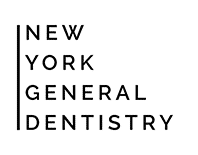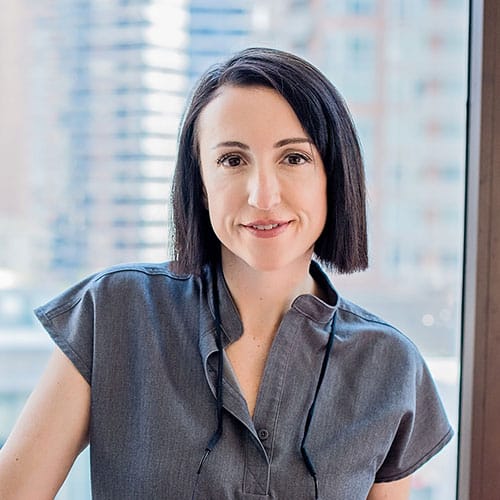What is Sleep Apnea and How is Dentistry Involved?
It’s thought that around 50% of adults who grind their teeth have airway and breathing issues, and 100% of children under the age of 11 who grind their teeth have airway issues. This correlates to an estimated 20 million people in the US who are affected by sleep apnea — or about 1 in 4 people — but many don’t even realize it.
Although it might sound surprising, your dentist is often the first person who notices signs of sleep apnea. People with sleep apnea or another obstructive sleep disorder may have a red throat, mouth breath, and show signs of tooth wear due to grinding (bruxism). Dentists will often notice these signs during a routine comprehensive exam and can discuss your best options for resolving and preventing sleep apnea.
What Is Sleep Apnea?
Sleep apnea occurs when your breathing stops periodically during the night due to a blockage in your airway or as a result of irregular brain activity or muscle movements. This can cause brief, reoccurring moments of breathlessness during sleep as often as 20-30 times per hour– for 10 seconds or more!
Obstructive sleep apnea can cause fragmented sleep and low blood oxygen levels. This oxygen desaturation can result in systemic risk factors that can lead to diseases like hypertension, heart disease, depression, ADHD, and other mood and memory problems.
Crucially, people with moderate sleep apnea complications are often unaware that they are suffering from this condition. Sometimes, the only clues are low energy, excessive daytime sleepiness, and drowsiness throughout the day that is easily exacerbated by sleep medicine.
Dentists are often the first medical professionals to provide a sleep apnea diagnosis and treat the symptoms in patients, and we can create a comprehensive sleep apnea treatment plan to ensure your health is on the right track.
Dr. Inna Chern treats central sleep apnea and other oral health concerns in her Midtown Manhattan dental practice. To learn more about severe sleep apnea, as well as its causes and treatments, contact Dr. Chern in New York City today.
As always, a very positive experience (as pleasant as a visit to a dentist could be) to Dr. Chern’s office. I only had to wait 2 minutes for her to see me. She was pleasant and knowledgeable; gave me a couple of options for my condition, which I appreciated. Overall, I highly recommend both Dr. Chern and her modern office!
-Igor C
Symptoms of Sleep Apnea
Loud and obtrusive snoring is usually a good indicator that your body is having trouble getting enough air during sleep. In fact, some experts say that about one-half of people who snore have moderate to severe obstructive sleep apnea.
Sleep Deprivation
Feeling excessively tired or groggy throughout the day even when you feel like you slept the whole night can mean that you’re not actually getting the quality sleep you need. This is usually because of a constant, half-wakeful state where your body is aroused in an attempt to get the oxygen it needs.
Sudden Waking During the Night
If it feels like you’re constantly waking during the night and/or you find yourself gasping, it can mean that your body isn’t getting the air it needs when you’re asleep. Some mild sleep apnea patients wake up intermittently throughout the night while some others wake as soon as they fall asleep because the body relaxes and the airway collapses.
Serious Health Problems
Airway issues like sleep apnea or chronic hypopnea are sometimes linked to more serious disease states including heart attacks, high blood pressure, strokes, anxiety, depression, mood disorders, and brain injury. When you do not get the proper amount of air, the body activates the sympathetic nervous system (fight or flight) subsequently causing an elevation in heart rate, and over time this elevated heart rate overworks the heart when it should be resting and repairing.
When you don’t cycle through regular sleep cycles (NREM and REM), the body doesn’t heal and repair itself both physically and psychologically. If you’ve been suffering from other health concerns, it’s important to explore the possibility that mild to moderate obstructive sleep apnea might be a culprit.
Meet With Dr. Chern &
Her Manhattan Team
To learn more about Sleep Apnea in Manhattan and your treatment options, contact our office for an appointment by calling or filling out our online form. Dr. Inna Chern and her team will personally work with you to plan your best treatment options and restore the function and beauty of your smile.
Information on Sleep Apnea Solutions
Several solutions exist for those suffering from sleep apnea, and while they are not offered at New York Hearing Doctors, knowledge of these devices may help lead those toward a more restful night’s sleep.
CPAP Therapy
CPAP (Continuous Positive Airway Pressure) therapy involves wearing a mask that is connected to a machine that pushes air into the airway throughout the night. While New York Hearing Doctors does not provide CPAP machines, many people find relief from their sleep apnea with a CPAP machine, but it can be disturbing to their partners and family members, which means continuous air pressure machines may not be right for everyone with mild obstructive sleep apnea.
Oral Appliance Therapy
Oral appliance therapies involve wearing a mouthguard-like device during sleep to keep the airway open. The appliance, called a Mandibular Advancement Appliance, keeps the jaw in an advanced position. It can be a much quieter and more discreet option than CPAP machines. New York Hearing Doctors does not create oral appliances.
Sleep Apnea FAQs
Can dehydration cause sleep apnea?
Can sleep apnea affect your voice?
Does sleep apnea surgery change your voice?
Does stress cause apnea?
How can I treat sleep apnea at home without CPAP?
What aggravates sleep apnea?
What happens if sleep apnea is left untreated?
What is the best mouthpiece for sleep apnea?
Can sleep apnea affect your gums?
Can a dentist see signs of sleep apnea?
Are oral appliance for sleep apnea covered by insurance?
Do night guards work?
Does magnesium help with sleep apnea?
Does sleep apnea get worse with age?
How effective is oral appliance for sleep apnea?
Is there a surgery for sleep apnea?
Is there an alternative to CPAP for sleep apnea?
What are the warning signs of sleep apnea?
Can sleep apnea cause dental problems?
Can a dental appliance help sleep apnea?
Do mouth guards work for sleep apnea?
Does CPAP machine stop snoring?
Does sleeping sitting up help sleep apnea?
How do dentists treat sleep apnea?
What is the best position to sleep in if you have sleep apnea?
What is the best treatment for obstructive sleep apnea?
What is the latest treatment for sleep apnea?
Can a lack of sleep due to sleep apnea affect oral health?
Can losing weight cure sleep apnea?
Can you aspirate during sleep apnea?
Do all snorers have sleep apnea?
Do Breathe Right strips help with snoring?
Does Snore Guard help with sleep apnea?
How did I develop sleep apnea?
How effective is surgery for sleep apnea?
What are the side effects of using a CPAP machine?
What is the best dental device for sleep apnea?
What is the best way to sleep if you have sleep apnea?
Can sleep apnea cause a white tongue?
Lifestyle Changes
Sleep apnea can also be addressed by making certain lifestyle changes such as losing weight, quitting smoking, and avoiding alcohol. Weight loss has been shown to be the most important action you can take for sleep apnea since the excess weight on the chest and neck can make it more difficult for your body to breathe as it needs to. Alcohol causes excess relaxation of the muscles and can exacerbate airway problems. Cigarette smoking worsens swelling in the upper airway which closes off an already weakened airway.
Although these steps can be especially helpful for treating obstructive sleep apnea, maintaining a healthy lifestyle is a good approach for every patient in ensuring a good night’s sleep.
A Combination Approach
Your best sleep apnea treatment plan may include more than one of these options for the best results. That’s because Dr. Chern uses an integrative and preventative approach to treating sleep apnea at her Manhattan office.
Sleep Apnea Outcomes
In some cases, sleep apnea will be a life-long condition that will need managing with the right technologies and therapies. In other cases, you can manage your sleep apnea with lifestyle changes like losing weight or adjusting your sleeping position. Dr. Chern can give you the best idea of what your long-term outlook will be.
Sleep Apnea Outcomes
In some cases, sleep apnea will be a life-long condition that will need managing with the right technologies and therapies. In other cases, you can manage your sleep apnea with lifestyle changes like losing weight or adjusting your sleeping position. Dr. Chern can give you the best idea of what your long-term outlook will be.
Sleep Studies
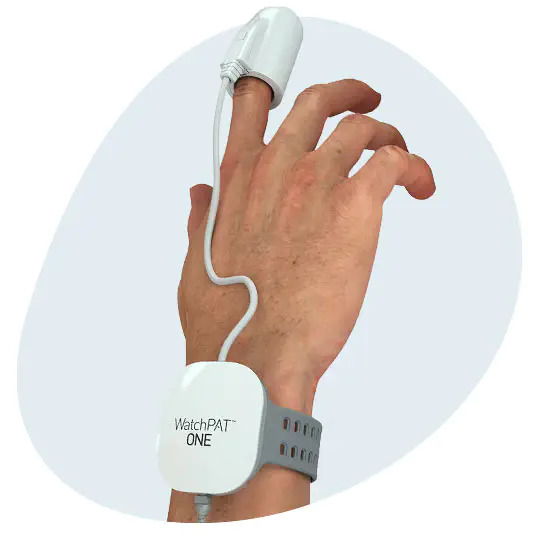
If you suspect you might have sleep apnea, an important step in diagnosis is conducting a sleep study. For convenience and comfort, consider using an FDA-approved and DOT-certified disposable WatchPAT One at-home sleep apnea test. This device allows you to monitor your sleep patterns from the comfort of your own home, providing valuable insights into your sleep health. By taking this proactive step, you can better understand your sleep needs and discuss appropriate treatment options with your healthcare provider.
You can purchase this device from CPAP Store USA.
What Makes Our Office the Right Fit for Your Dental Needs?
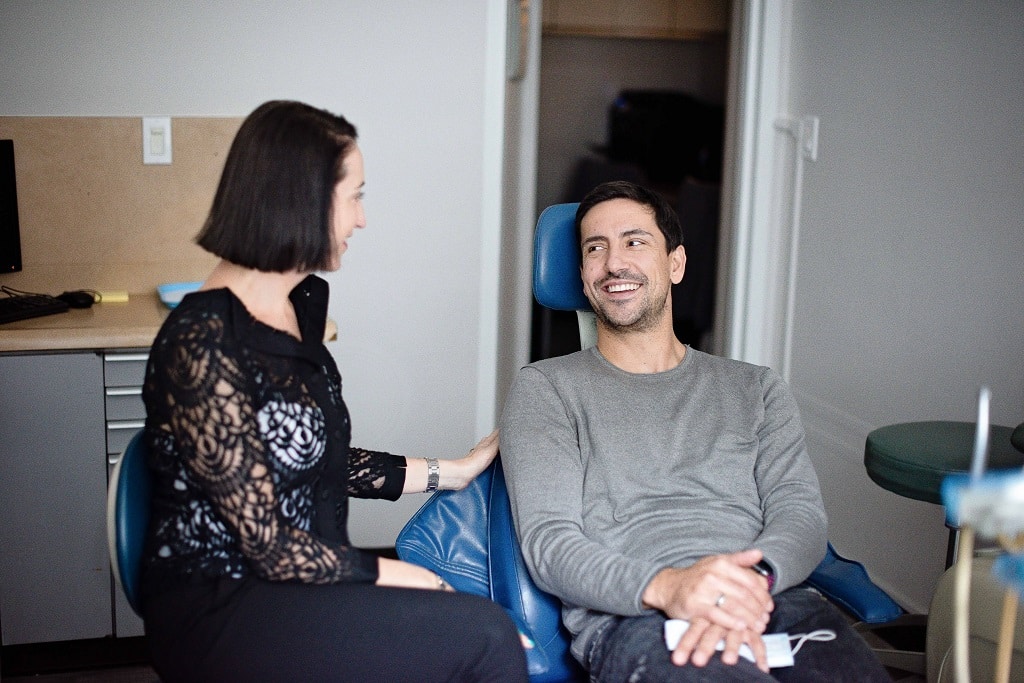
Personalized Care
We never take a one-size-fits-all approach to your oral health. Dr. Chern will evaluate your teeth and gums, working closely with our team to create a custom solution.
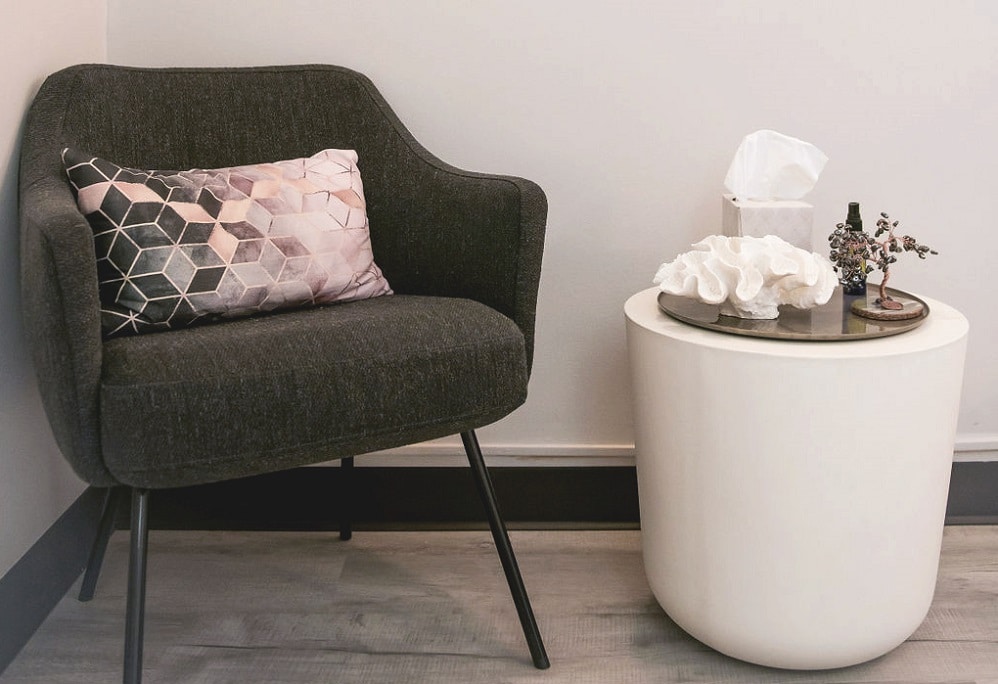
Comfortable Office
Our bright and modern Midtown East Manhattan office was designed with you in mind. Enjoy a calming atmosphere and comfortable amenities to help you feel at ease.
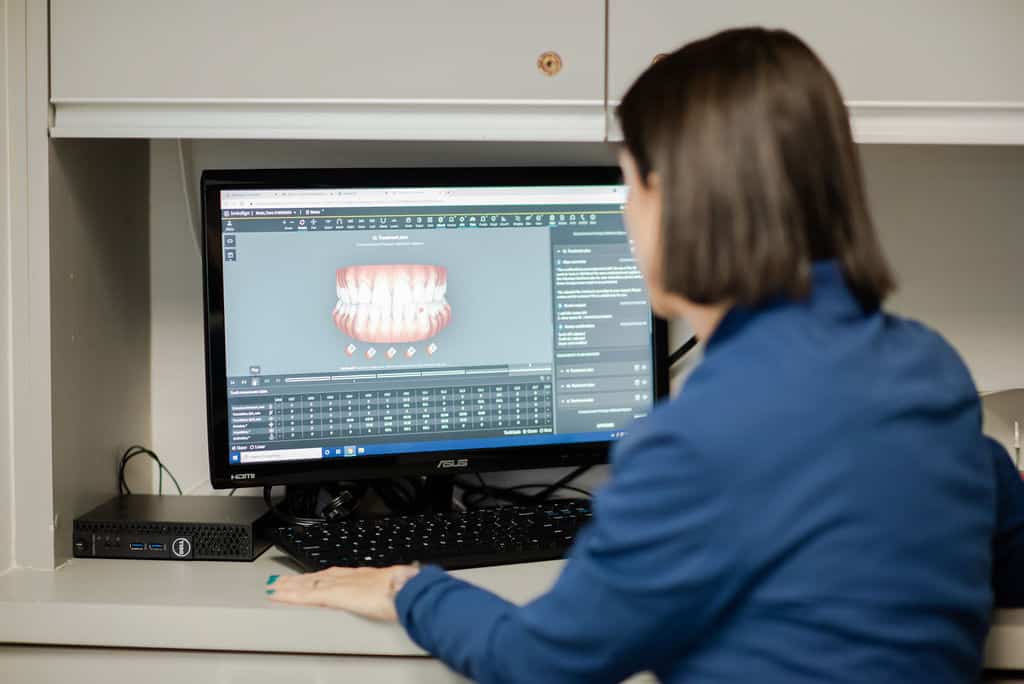
Health-First Approach
New York General Dentistry uses modern techniques and equipment to ensure your treatment is a success.
Let’s Brighten Your Smile!
New York General Dentistry is always welcoming new patients to our Midtown East dentist office.
Feel free to send a text to (929) 244-8140 or call (212) 838-0842
Our New York City Office
Midtown East Manhattan
133 East 58th St., ste 409
New York, NY 10022
Get Directions
Hours:
Monday 8am – 7pm
Tuesday 8am – 5pm
Wednesday 8am – 5pm
Thursday 8am – 7pm
Friday 8am – 5pm
